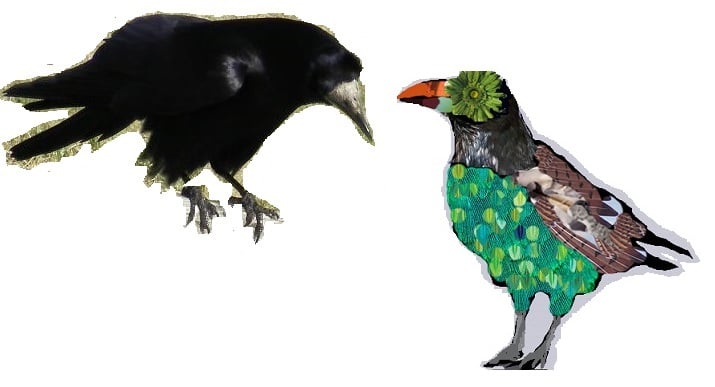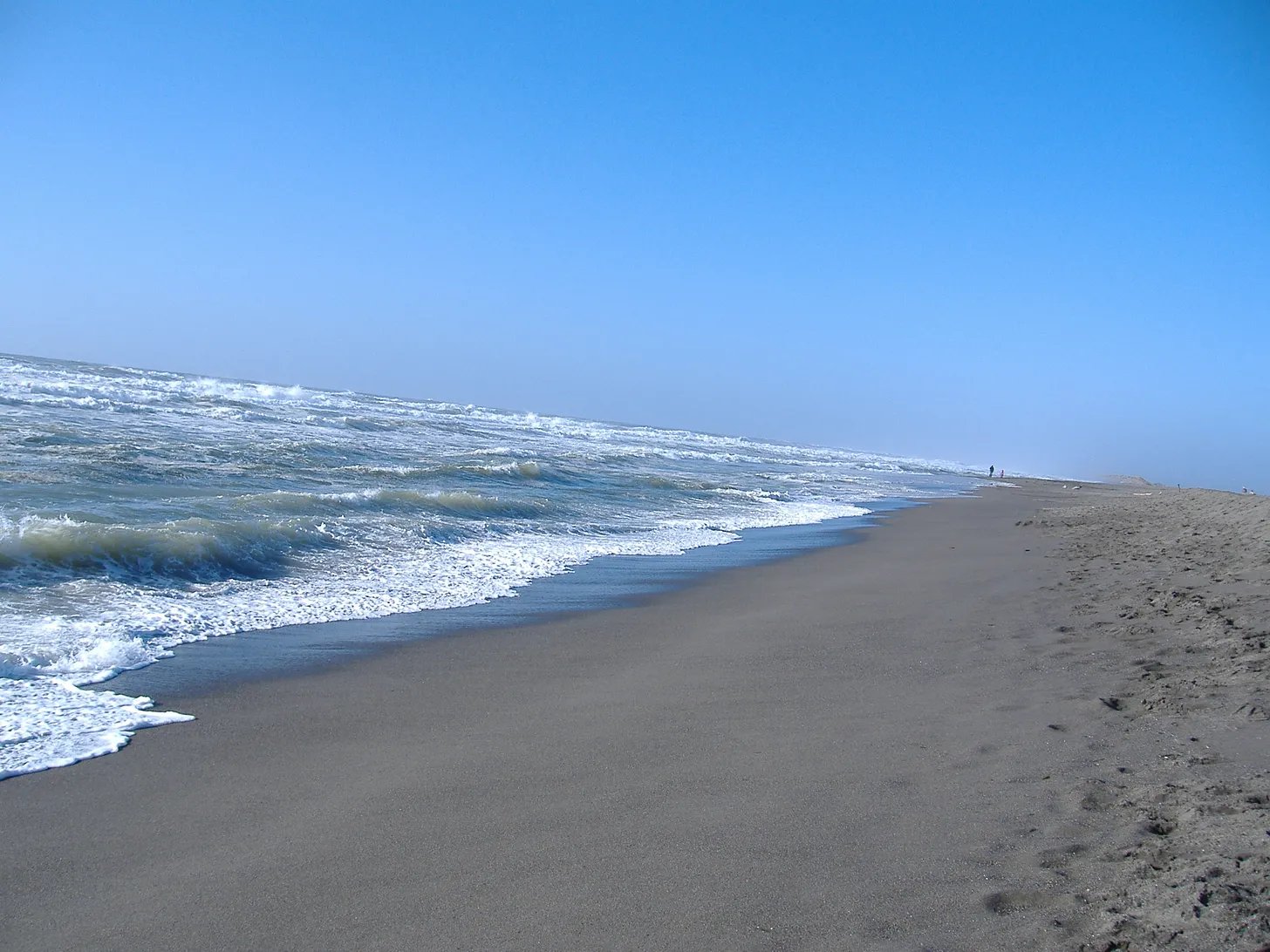The Ides of Tides
Last year on this day when my father turned 70 I called to wish him a happy birthday and he said he was not excited about it. He had just been vaccinated and soon my husband and I would be eligible, so I said we would plan a birthday party for the summer. Instead we buried him, just before Labor Day.
My mom has a big tent she would set up in the front yard for special events during the few days per year when you could comfortably sit outside in northern NY, and my dad would haw haw and hold court with Bob from down the street. After we got married, my husband and I begrudgingly attended a wedding reception in that front yard. On our ninth anniversary, my dad ordered a discount senior pass to the local ski resort. It arrived the day after I did, just as my mother was writing the program for his funeral.
My dad was a very bright guy who never got what he wanted, career-wise, and he was angry about it. Actually, he was probably really depressed and ashamed and it came out as anger. He had a hard time eating shit in the specific way most people are expected to in the modern American workplace and so he would periodically get fired and we’d come home to find him on the recliner with a blanket covering his face. I’d lay awake in fear, waiting for him to start screaming about how he was wronged and threatening to get back at people, in the middle of the night. It was terrifying and we were supposed to keep his failures a secret. My mom didn’t want anyone to know. I still feel a bit transgressive telling you this although it hardly matters now.
In the weeks after my dad’s death my mom cleaned out the basement and there were boxes and boxes of old papers going back to when he was in college. There were 40-year-old corrected student papers from when he was a teacher that he never handed back. My mom burned moldy papers for days. She kept finding more fucking boxes and said he was still driving her crazy, even though he was dead. It must’ve felt really good to burn that shit.
A few years ago, my dad wrote me a message in which he acknowledged that he had been an angry person during my childhood and that it must have been frightening for me. He said he wanted to become a good person and he was working towards being better. I didn’t respond, I didn’t know what to say. I was never at ease in the same room as him and there is no tidy scenario in which I could’ve rushed to his bedside during his last days to make everything right, but I wish I had said something then when I still could.
Likely in relation to his employment struggles, my dad acquired characteristics that were outré even by the relaxed standards of rural New York. His nose hair was untrammeled and he cracked loud farts in JC Penney. He didn’t shower all that often and if he ran out of handkerchiefs he would blow his nose in his hands. We tiptoed around him during the periods after he lost jobs and we left the television blaring so he wouldn’t wake and start yelling when he was going through what my mother referred to as “funks”.
When he was miserably working in sales in the 90s my dad discovered Rush Limbaugh on the radio. Teen me hated that shit so much I would hold a sheaf of his papers by the open window of his red Aries K car and threaten to throw them onto the highway if he didn’t change the channel. An Arab-American who cheered on the Gulf Wars, he laughed at his own meandering off-color jokes about women and minorities.
My dad also spoiled our pets and doted on babies and small kids. He was the parent you’d rather go to if you had really fucked something up and he could be expected to weep covertly during any movie involving space exploration. He loved all the divas—Whitney, Mariah, Toni Braxton. He listened to big band and pop opera at top volume on Saturday mornings. That an obviously tender heart could live inside such a gruff, damaged man was one of my first experiences of what our culture does to people with its hard-cut roles.
In what now seems Herculean in the face of what were probably years of untreated depression, my dad was constantly trying to better himself. Around the age I am now, he took Dale Carnegie courses and read all the self-help books. I’m not sure how much of it was Brooklyn-Hempstead and how much was unaddressed upper respiratory issues, but my dad’s voice in my head always sounds strained and startling. He was always trying to pitch his voice upward, sound positive, enunciate, like they tell you to do in order to win friends and influence people. I do not remember my father having friends.
In addition to having been a top student at NYU and getting a Master’s in teaching, my dad later trained in an electronics program and a couple decades after that, in automotive repair, all to try to get a decent steady job. As a mechanic he was, frankly, an artist. He would save parts of old vacuum cleaners and somehow use them to make the snowblower work. When the 30-year-old snowblower finally died a few months after he did and the neighbors were unable to fix it, my mother felt like it was her fault; she couldn’t accept that it had been dependent on my father’s gonzo repairs for years past its natural life.
My dad was a broadly read, academically oriented person, and he was given to believe that this striving would lead to some sort of stability and respect. During his later years working with other people who largely were not as educated nor subject to similar expectations, he returned to what ultimately seemed like his real nature, towards trying to be of service. When he worked at a Target warehouse, he organized his co-workers to give away their leave to a guy whose child was ill, and as a result, he was let go. It was an honorable firing, at least. He stayed late with a neighbor who was having a diabetic crisis. Everyone asked him for help with their car. By the time most people with steady jobs would be eligible to retire, he wasn’t able to get another mechanic job and he worked part-time stocking the dairy case at the grocery store, a job for which he developed a singular enthusiasm and extensive knowledge of cheeses. He and my mom did the census and worked the polls. As the working world slowly eased its grip on him, his life grew brighter. He made friends and had hobbies. He became embarrassingly, long-windedly chatty.
When my mom and I were clearing out his email after his death, he was still subscribed to Indeed.
In 2016 I had a video call with my parents right after the election. As a native of New York City my father had always known Donald Trump was a shyster, and he was totally ashamed by the election results. I remember how sheepish he looked. He quit the Republican party and started canvassing for and donating to their opponents. He got really into it.
Last winter my dad had what turned out to be a relatively mild heart attack and when I called, he wanted to talk about how he was making small donations to progressive politicians. “Sorry I’m spending your inheritance, but we have to get those assholes out,” he said. An inheritance was not anything I expected, for many reasons, but I told him he should spend his money however he wanted.
A few months after his heart attack, during cardiac rehab, a nurse noticed some swelling in his neck and said he should get it checked out. He was diagnosed with a slow-growing lymphoma that had spread throughout his whole chest cavity. Even so he was given a positive prognosis and told it was very treatable. Time passed and the required scans were delayed. My dad’s symptoms grew alarming. He lost 50 pounds in a short time and was awake with cold sweats at all hours. He had a terrible, unshakeable cough. Still, no treatment was scheduled. It was never clear if the delay in treatment was due to covid overwhelm or insurance foot-dragging or the innumerable difficulties of rural hospitals, but a couple days before he was finally scheduled to start chemo, my mom noticed that his feet were swollen. She had to get into it with the staff to get him admitted to the hospital where it was discovered that his kidneys were failing. He was put in intensive care and there were attempts to re-plumb them. He threw up, he felt terrible, he begged my mom to take him home. She told him he had to get well enough to get chemo, to get better. He died during the night before she could make it back to the hospital, just hours before my brother was supposed to arrive.
I am not saying that 70 is tragically young or that his life, relative to the lives of other people at the time, was unusually unfair, but I wish my dad had more time and I wish things had been different for him. I suppose everyone wants that. I wish he had more time not worrying about terrible jobs, to be with friends, to have met my youngest nephew. I wish he could have spent this winter skiing in sweatpants, a thing he thought was normal. I wish he was with my mom. I don’t know. I wish he had more time to keep becoming who he was.

